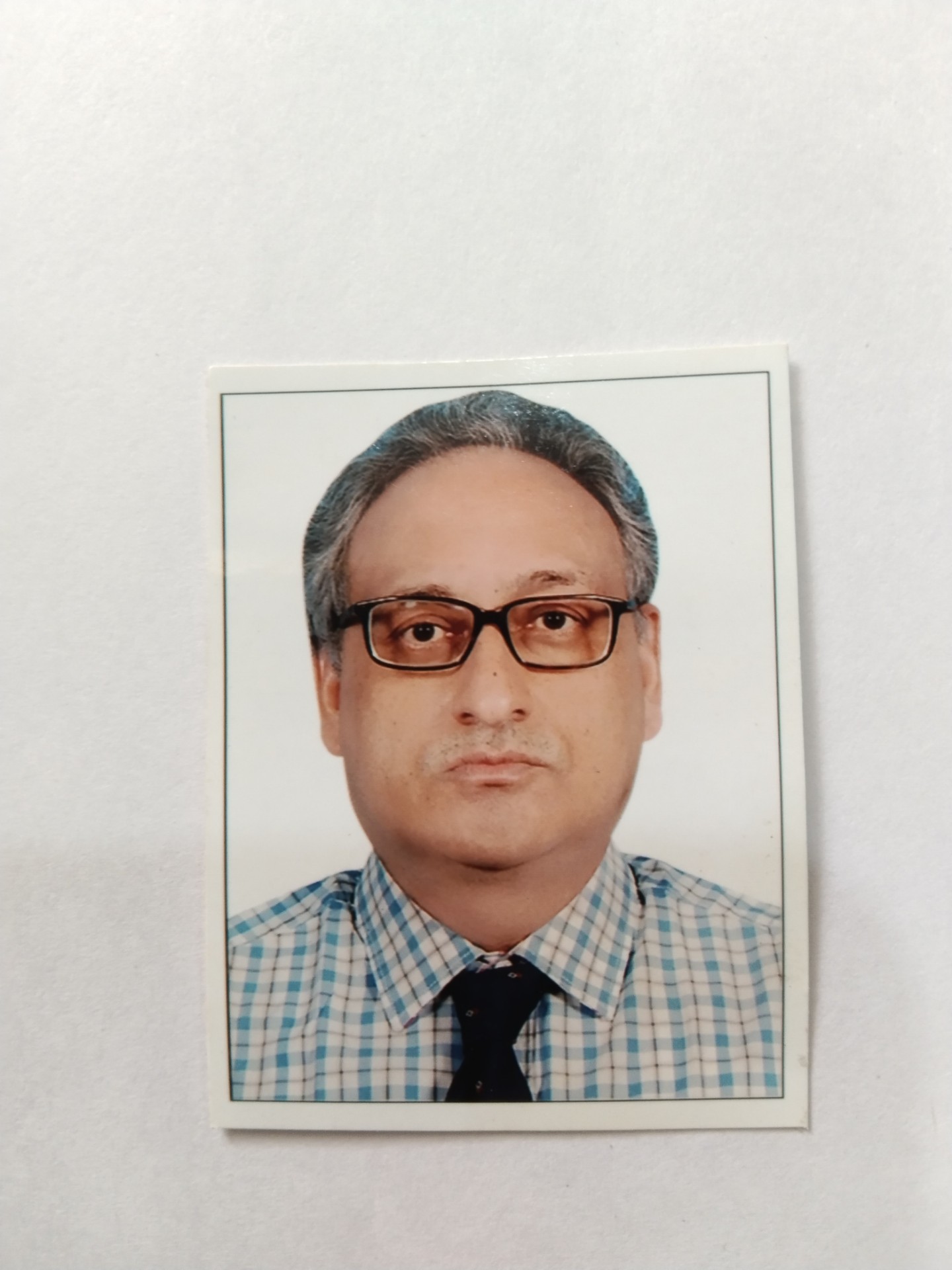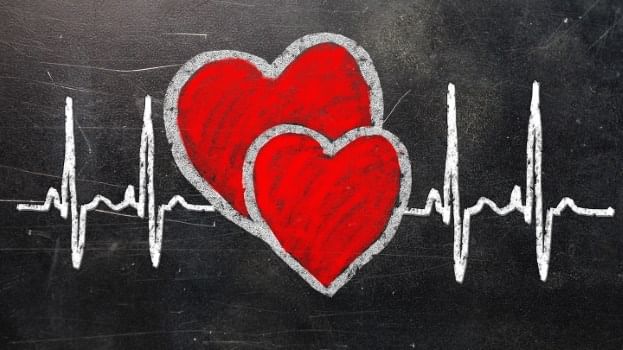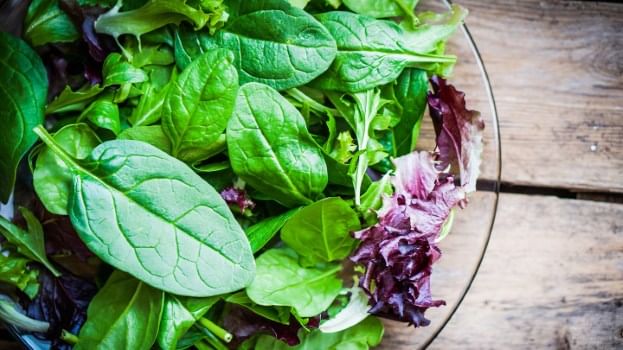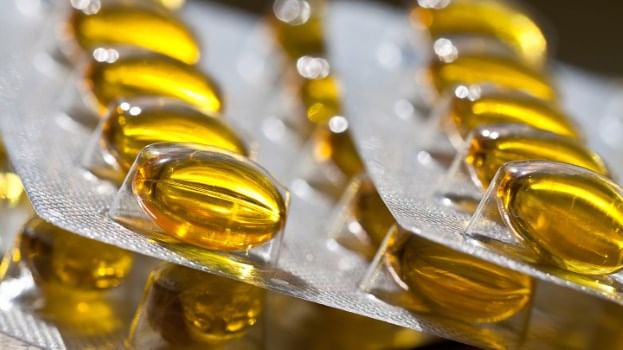7 Hidden Atrial Fibrillation Dangers
When you are diagnosed with atrial fibrillation, or afib, the most common type of irregular heartbeat, putting your heart back in its proper rhythm is only half the goal. Stroke prevention is the other.
Both objectives require rethinking certain foods and medications that once seemed innocuous and now could be a danger to your health. From common over-the-counter drugs to some of the healthiest vegetables on the planet, here's a list of atrial fibrillation dangers to sidestep.
Caffeine can trigger atrial fibrillation
Chugging cup after cup of coffee may help you stay awake, but too much caffeine can be an atrial fibrillation trigger, causing more frequent episodes of the irregular heartbeat. The same goes for caffeine pills, energy drinks, and other caffeine-containing substances.
" they [energy drinks] have the capacity to make afib worse or more frequent, even in people who have never had afib before" says larry chinitz, md, a cardiologist and professor of medicine at nyu langone medical center in new york city. But, Dr. Chinitz notes, when you have afib, only excessive caffeine intake is a problem, so you can sip a latte here or there without any trouble.
Alcohol can be toxic to your heart
Think twice before you order that next round alcohol and atrial fibrillation can be a dangerous combination. Alcohol in excessive amounts is a depressant to the brain, but a stimulant to the heart. This stimulation can worsen or instigate afib episodes.
" it's also a direct toxin to the heart muscle" chinitz says. Sometimes, heavy drinking over a short period of time can cause episodes of atrial fibrillation in people who have not been previously diagnosed with it, a condition known as holiday heart syndrome.
Cold and allergy medications can trigger afib
For most people, nonprescription medications for stuffy and runny noses are fine, but cold/allergy medicine and atrial fibrillation don't mix well. Use caution when taking these remedies because they could cause more frequent episodes of an irregular heartbeat.
" all medications that are trying to decrease secretions or dilate the airways or lungs are all direct stimulants to the heart" chinitz explains. A few common stimulating over-the-counter (otc) medications to watch out for include actifed (chlorpheniramine and phenylephrine), sudafed (pseudoephedrine), and contac (acetaminophen, chlorpheniramine, and phenylephrine), though others may present the same atrial fibrillation dangers. Talk to your doctor before taking any of these medications if you have afib.
Leafy green vegetables affect blood clotting
Whoever thought that veggies could be bad for you? but as it turns out, some of them can be dangerous if you have atrial fibrillation. If you're on a blood thinner such as warfarin (coumadin, jantoven) for atrial fibrillation to prevent stroke, you should carefully monitor your intake of green leafy vegetables like spinach and kale, which contain high amounts of vitamin k.
Vitamin k can counteract the blood-thinning effects of warfarin, making some veggies atrial fibrillation dangers. But you don't have to give up vitamin k for afib management; the key is to eat about the same amount of k-rich foods every day" you shouldn't have none for a month and then huge amounts over the course of a few days" chinitz says.
Vitamins and herbal supplement cautions
Though otc supplements are often thought of as harmless, some of them can affect atrial fibrillation. Vitamin e, for example, has a blood-thinning effect so if you're on a blood thinner, talk to your doctor before taking it. The same goes for herbal medications that have a stimulant effect, like ma huang (chinese ephedra) and st. John's wort.
Extreme exercise puts a strain on your heart
For most people with atrial fibrillation, moderate exercise isn't a problem and can be beneficial by helping you control your weight and improve your mood. But a few people with afib find that particularly difficult workouts can launch a fibrillation episode" we do caution those people against excessive amounts [of exercise]" chinitz says" but most people's exercise routines are not affected"
If you notice irregular heart rhythms during or just after a workout, talk with your doctor about the best way to proceed so that healthy workouts don't turn into atrial fibrillation dangers.
Stress, anxiety, and depression weigh on the heart
Emotions can play a role in bringing on an atrial fibrillation episode. People with afib who have more severe anxiety and depression symptoms may have more afib episodes than people with less-severe anxiety and depression. To help reduce stress and lower your risk of an afib episode, pay close attention to your emotions and schedule relaxing activities that you enjoy.
If your stress, anxiety, or depression becomes overwhelming, talk to a healthcare professional about ways to lighten your emotional load.










+1.svg)
